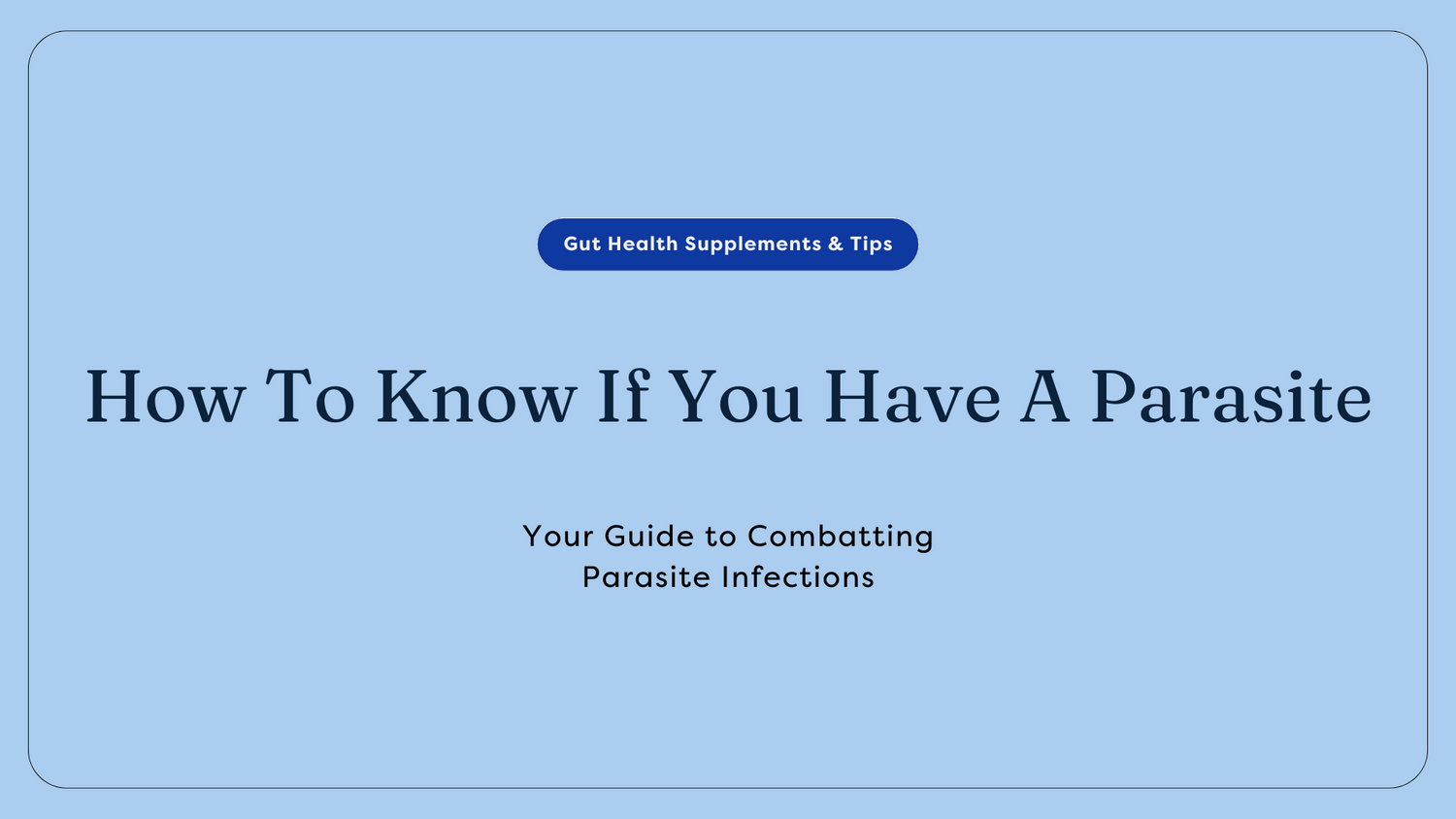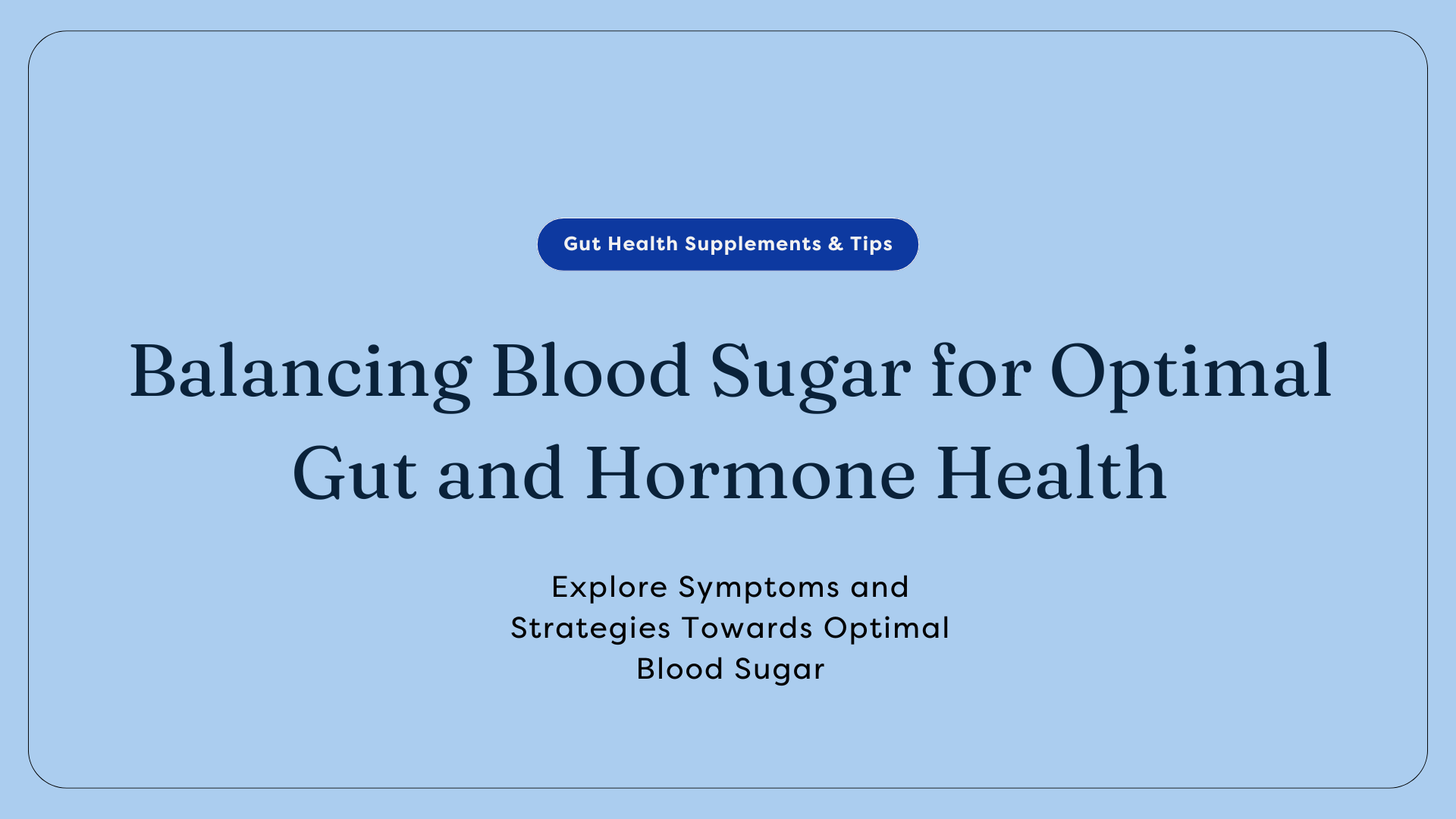The idea of having a parasite might send shivers down your spine, but the reality is that parasitic infections are more common than you might think. These invaders can take residence in the human body, causing a range of symptoms that may mimic other health issues. In this blog post, we'll explore common signs and symptoms of parasitic infections, discuss strategies to support your gut health, and highlight the importance of the Gut Testing in uncovering the root cause of your symptoms.
What is a parasite?
Parasites are organisms that live off other organisms, often causing harm to their host. While some parasites are relatively harmless, others can lead to a variety of health issues. Recognizing the signs of a parasitic infection is crucial for prompt intervention.
Common Symptoms of Parasitic Infections
- Digestive Disturbances: Persistent diarrhea, abdominal pain, and bloating can be indicative of a parasitic infection.
- Unexplained Weight Loss: Parasites can interfere with nutrient absorption, leading to unintentional weight loss.
- Fatigue: Chronic fatigue and weakness may result from the drain on your body's resources caused by parasitic activity.
- Changes in Bowel Habits: Alterations in bowel habits, such as constipation or diarrhea, may be signs of a parasitic infection.
- Skin Issues: Itching, rashes, and skin irritations may occur due to certain parasites.
- Joint and Muscle Pain: Some parasites can migrate to joints and muscles, causing pain and discomfort.
- Sleep Disturbances: Parasitic infections may disrupt sleep patterns, leading to insomnia or restless sleep.
Supporting Gut Health to Combat Parasitic Infections
- Anti-Parasitic Foods: Include garlic, ginger, pumpkin seeds, and papaya seeds in your diet, as they may have anti-parasitic properties.
- Hydration: Drinking plenty of water helps flush out toxins and supports overall bodily functions.
- Probiotics: Introduce probiotic-rich foods and supplements to promote the growth of beneficial bacteria in your gut.
- Herbal Antimicrobials: Natural compounds like oregano oil, berberine, and black walnut may have anti-parasitic effects.
- Dietary Modifications: Adopt a diet that is low in sugar and processed foods, creating an environment less conducive to parasitic activity.
Test Don't Guess!
The truth is, these symptoms overlap with numerous root causes and doing a "parasite cleanse" can actually cause more harm than good.
Getting to the root of your symptom
To accurately identify the presence of parasites and other imbalances in your gut, the GI MAP gut test is an invaluable tool. This comprehensive test provides insights into the microbial composition of your gut, helping pinpoint specific pathogens and dysfunctions.
If you suspect a parasitic infection might be causing your symptoms, take the proactive step of ordering our Gut Testing Package. This advanced diagnostic tool offers a personalized roadmap to understand and address the root causes of your gut-related concerns.









Leave a comment
All comments are moderated before being published.
This site is protected by hCaptcha and the hCaptcha Privacy Policy and Terms of Service apply.